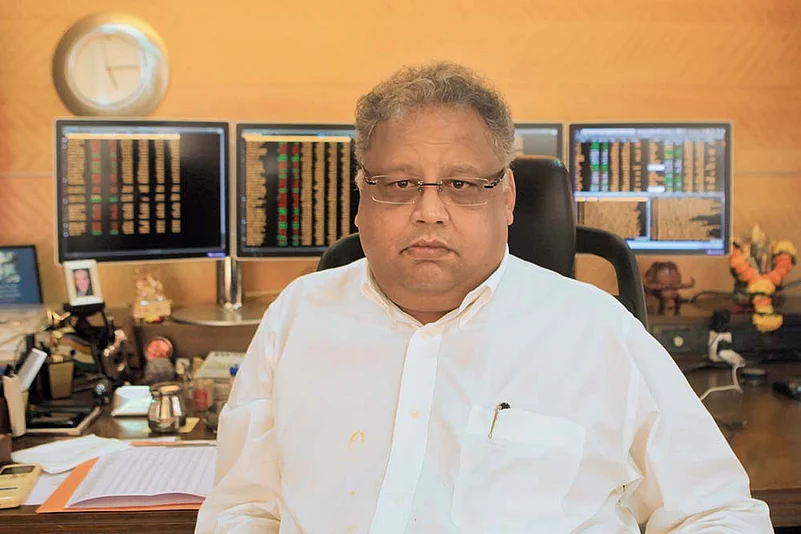Andrew Holland, CEO, Avendus Capital, has traded in Indian equities for decades. His experience is that Indian markets react in extremes—either they are super-bullish or super-bearish. This implies that there is either irrational exuberance that skyrockets the indices, or irrational depression that leads to a prolonged slump. Such phases also come in a sort of cycle. This is why while most experts feel that the current drop in stock prices is a temporary phase; no one is sure when the uptick will happen.
Predicts Gautam Duggad, head of research, Motilal Oswal Financial Services, “We expect the markets to stay in narrow ranges till corporate earnings recover. We believe that macros (economic indicators) are now bottoming out, and government measures, coupled with RBI’s monetary easing, will lead to gradual recovery.” Devendra Pant, chief economist, Fitch Group, thinks that the recovery can take its own sweet time, but the “government can hasten it by implementing its measures quickly, and announcing many more”.
Rakesh Jhunjhunwala (in pic) is an old hand in Indian equities. Once the highest taxpayer in the country, media reports estimate his stock portfolio is worth more than Rs 12,000 crore. But many of the stocks that he and his wife own took a beating in the recent past. These include DHFL, which fell 81 per cent in the past 12 months, Edelweiss Financial Services, which came down by a third, and Escorts, which was down 30 per cent in the same period. Even he isn’t sure about the future of the markets. “The economy is going to rebound unquestionably, industries are going to rebound, small-caps and mid-caps will also rebound, but the question is when,” he said in a recent interview.
More importantly, he left all of us with an interesting thought. He said that it was good to talk about when the markets will rebound, but before that it was critical for all stakeholders, including policymakers, to figure out why we got here and what were the reasons that led to this situation.


























